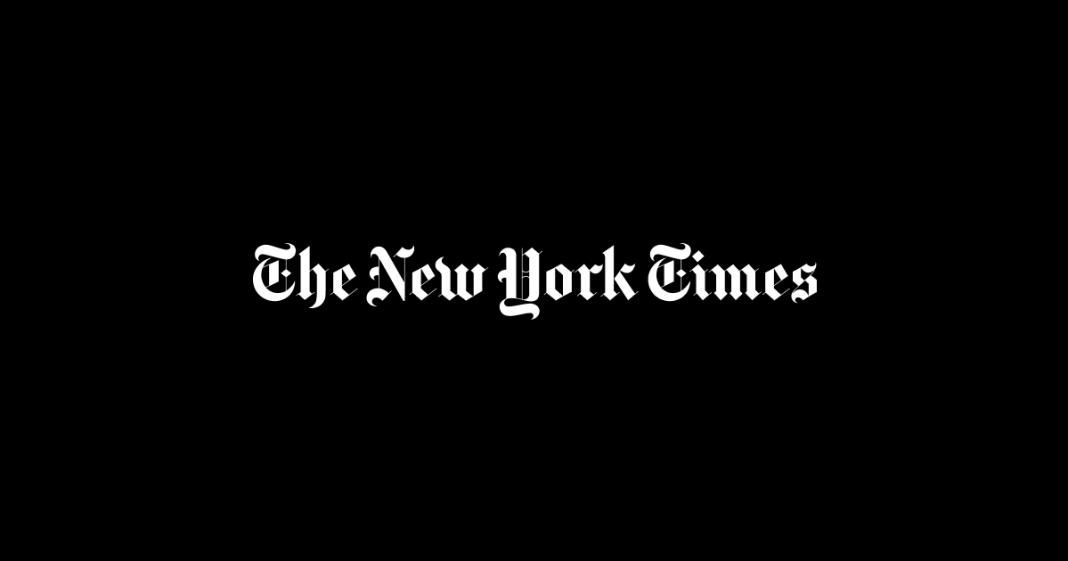At Wednesday’s Senate hearing, the chief executives of Twitter, Facebook and Google will deliver a full-throated defense of speech on their platforms, according to their prepared testimony, which was made public on Tuesday.
All three leaders are also set to vigorously support Section 230, the law that has shielded their companies from liability for much of the user-generated content posted to their sites — even if the law does not stay the same.
Here’s a look at what each chief executive plans to argue.
Jack Dorsey, chief executive of Twitter, used his prepared testimony to suggest ways Congress could change Section 230 without constraining online speech.
“Without Section 230, platforms could potentially be held liable for everything people say,” he said. Companies should instead be required to provide transparency about their moderation policies, while giving users a say in which algorithms rule their news feeds and allowing them to appeal moderation decisions, he said.
Mr. Dorsey also took a swing at Facebook and cautioned against sweeping new regulations. That’s because “sweeping regulations can further entrench companies that have large market shares and can easily afford to scale up additional resources to comply,” he said. “Twitter does not have the same breadth of interwoven products or market size as compared to our industry peers.”
Sundar Pichai, who is chief executive of Google and its parent company, Alphabet, emphasized Google’s utility and value in his prepared comments. Google, which the Justice Department sued last week, accusing it of anticompetitive and monopolistic practices, provides services like search, Gmail, maps and Google Photos “for free,” Mr. Pichai said.
Mr. Pichai left his defense of Section 230 to the end of his prepared testimony and kept it brief. He said Google and its video site, YouTube, could provide “access to a wide range of information” only because of a legal framework like Section 230. He also reiterated that Google approached its work without political bias.
“To do otherwise would be contrary to both our business interests and our mission, which compels us to make information accessible to every type of person, no matter where they live or what they believe,” Mr. Pichai wrote.
Mark Zuckerberg, Facebook’s chief executive, said in his prepared testimony that he supported Section 230. Without it, he said, companies like his might have to censor more content to avoid legal risk.
But Mr. Zuckerberg also said Section 230 needed significant changes “to make sure it’s working as intended.” He said that people across party lines had complained about how the law handles content, and that the government should legislate changes rather than rely on the companies to decide how to govern themselves.
“By updating the rules for the internet, we can preserve what’s best about it — the freedom for people to express themselves and for entrepreneurs to build new things — while also protecting society from broader harms,” Mr. Zuckerberg said.
Mike Masnick, editor of the blog TechDirt and a longtime chronicler of tech policy issues, said that while big companies like Facebook could afford the cost of complying with more restrictive updates to Section 230, smaller rivals would not be able to do the same. Like Mr. Dorsey, he argued that such changes would lock in Facebook’s dominant position in the marketplace.
“Make no mistake about it: This is Mark Zuckerberg pulling up the innovation ladder he climbed behind him,” Mr. Masnick wrote in a blog post on Tuesday.
[ad_2]
Source link


